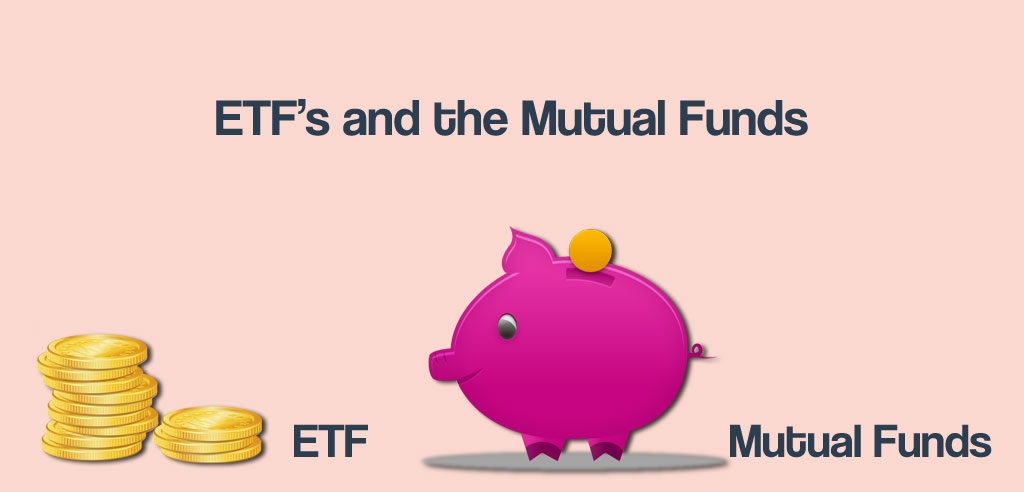

Mutual funds are the instruments which are included in everyone’s portfolio. It seems quite convenient for those who do not want to jump in stock market directly. Since mutual funds are professionally managed and fetch reasonable returns adjusted to risk appetite (as per the investment strategy of the fund), they have become investor’s favourite, be it conservative or be it aggressive investor.
However, there are some things which you won’t know while you still invest in mutual funds. Let’s see what those are and what can be done to deal with their impact on your portfolio.
Top performing funds might be actually lagging behind
It’s a natural tendency to pick the best of the alternative with lesser risk attached. Same applies to mutual funds selection also. There are various factors for evaluation and selection of mutual fund for investing, where performance is one of such basis. However, it is difficult to time the market. One must learn to benefit from the ups and downs in the markets.
When you look at historic performance of a fund, its out performance may be linked to bullish trends in market or may be even concerned with seasonal upside trend in stocks which it holds in its kitty. So, when you judge any mutual fund by its past performance, keep in mind the fact that great performance has to be checked in light of the prevailing market conditions, seasonal ups and downs, vital economic developments (like repo rate cuts etc.)
Check out fund management charges

Expense ratio refers to the fund’s operating costs divided by the fund’s AUM. Expense ratio directly impacts the returns which are received by the investors. Hence, even if the fund has outperformed the benchmark consistently, if it carries highest expense ratio among its peers, then it is better to look out for another fund with lower expense ratio.
The main point to be noted is that such costs are not appropriated towards profits made by the fund, but against the corpus of the funds (capital invested by the investors). This takes out a chunk of the hard earned money of the investors and they will be impacted at higher rates where the expense ratio is higher.
So next time, you choose an actively managed funds over index funds in view of higher returns, don’t forget to check the expense ratio which is much higher in case of actively managed portfolio than index funds or passively managed fund.
Must read: P/B ratio – Is it a best way to select stocks?
Are you a fan of actively managed funds?
Actively managed funds are those where the funds have their own investment strategy and standard benchmark. These funds are comparatively costlier than index funds. Index funds are those funds which stay invested in portfolio as along the lines of underlying index stocks. In short, these funds mimic the index performance and hence aggressive investors would prefer actively managed funds than index fund.
Reason behind the same being that these investors already have direct equity exposure from the stock market investment. Hence, they would require something more than what index is giving them.
However, most of the investors fail to see that these actively managed funds are actually index funds with a fancy name and with higher expenses ratio. Hence, you must look at the asset allocation, portfolio distribution, beta of the fund, standard deviation of the fund to observe whether these are on similar lines of the index. If yes, then you are paying more than what you should and it is time to switch to a cheaper and better option.
ETF’s and the mutual funds

ETF’s trade at stock exchange at the real time rates, meaning that they are bought and sold at the prices which actually exist at the time of the transaction in the stock market. However, mutual fund units can only be bought and sold at the closing NAV prices. Due to this reason, ETF’s can be day traded at a very profitable and lower cost.
Also ETF’s score more on the basis that they are more liquid than the mutual funds. ETF’s are also on low side as far as the expense ratio is considered as compared to the mutual funds.
Apparently, there are certain good secrets about mutual funds which may be helpful to achieve your long term investment goals. Also that they are much simpler and more reliable than actual stocks due to their professional management. So if you want to stick to mutual funds then start your investments. Keep in mind to diversify your investments in different types of mutual funds.
Related Posts
Stay up-to-date with the latest information.

